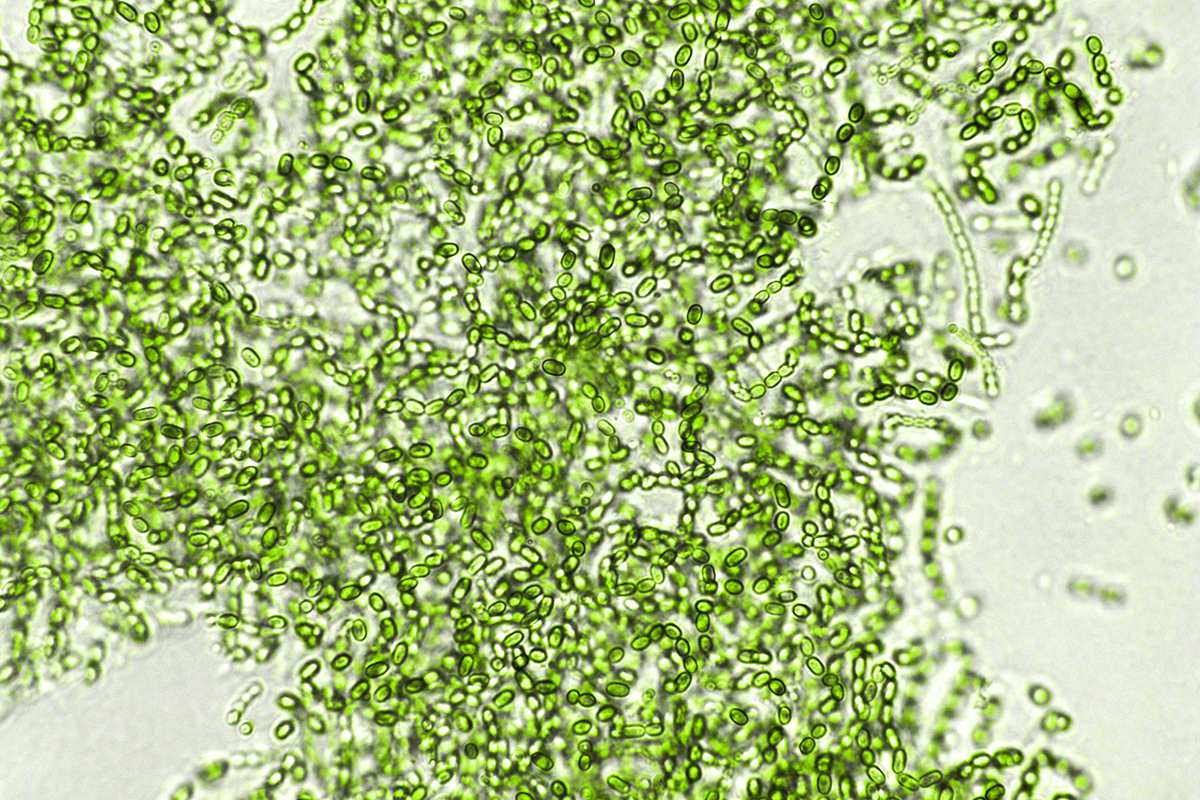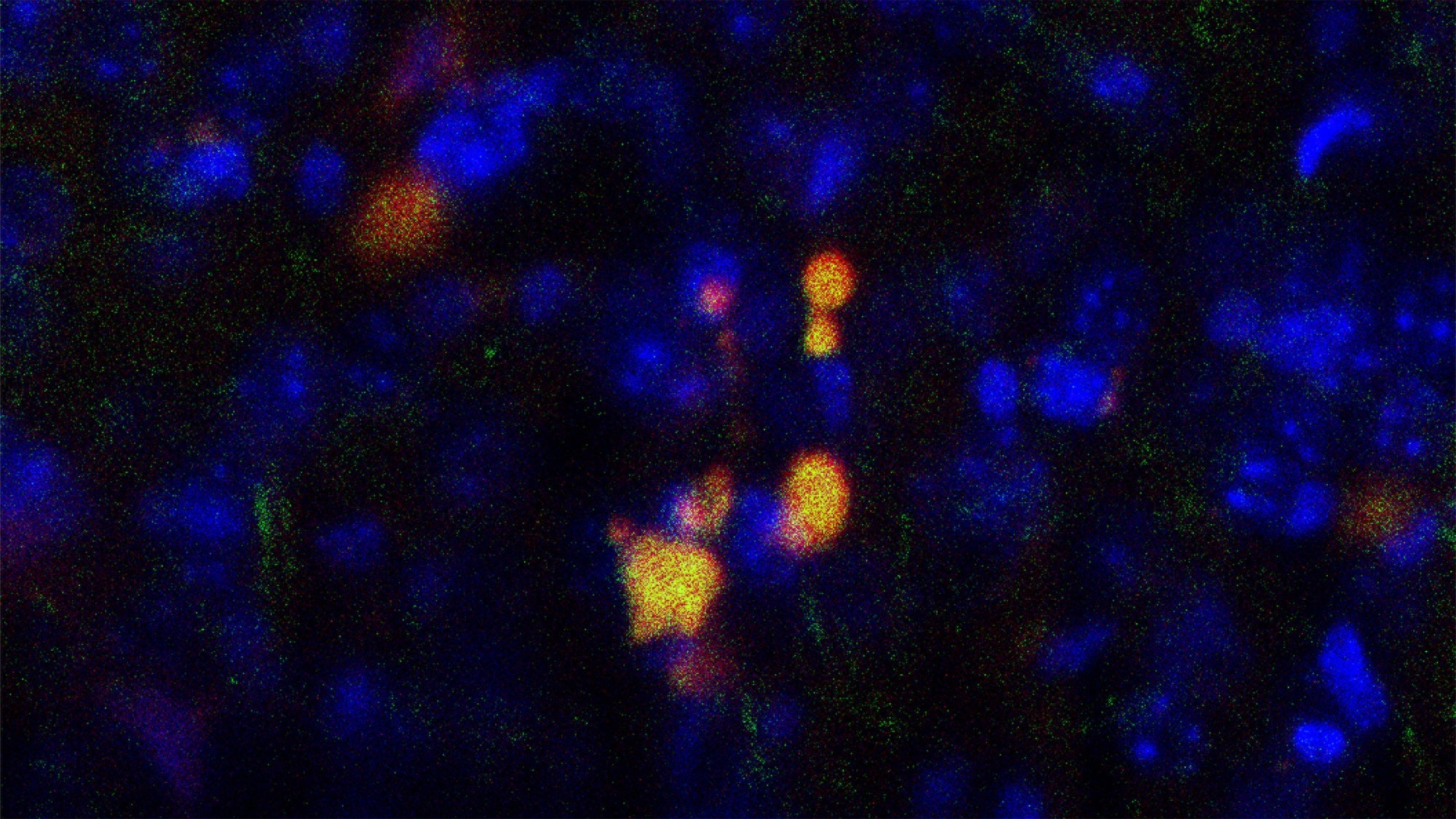Study links gut microbiome changes to increased risk of type 2 diabetes

Brigham, Broad, and Harvard Chan School researchers found that specific species and strains of bacteria were linked to changes in the functioning of the gut microbiome and a person’s risk of type 2 diabetes
For immediate release: June 25, 2024
Boston, MA—The largest and most ethnically and geographically comprehensive investigation to date of the gut microbiome of people with type 2 diabetes (T2D), prediabetes, and healthy glucose status has found that specific viruses and genetic variants within bacteria correspond with changes in gut microbiome function and T2D risk. Results of the study—which represents a collaboration across Brigham and Women’s Hospital (a founding member of the Mass General Brigham healthcare system), the Broad Institute of MIT and Harvard, and Harvard T.H. Chan School of Public Health—are published in Nature Medicine.
“The microbiome is highly variable across different geographic locations and racial and ethnic groups. If you only study a small, homogeneous population, you will probably miss something,” said co-corresponding author Daniel (Dong) Wang, of the Channing Division of Network Medicine at Brigham and Women’s Hospital, Broad, and Harvard Chan School. “Our study is by far the largest and most diverse study of its kind.”
“The gut microbiome’s relationship to complex, chronic, heterogeneous diseases like T2D is quite subtle,” said co-corresponding author Curtis Huttenhower, of Harvard Chan School and Broad. “Much like studies of large human populations have been crucial for understanding human genetic variation, large and diverse populations are necessary—and increasingly feasible—for detailed microbiome variation studies as well.”
T2D affects approximately 537 million people worldwide. In T2D, the body gradually loses its ability to regulate blood sugar effectively. Research over the last decade has linked changes in the gut microbiome—the collection of bacteria, fungi, and viruses that inhabit our intestines—to the development of T2D. However, prior studies of the gut microbiome and its role in T2D have been too small and varied in study design to draw significant conclusions.
This paper analyzed data from the newly established Microbiome and Cardiometabolic Disease Consortium (MicroCardio). The investigation included newly generated data and those originally captured during several other experiments, encompassing a total of 8,117 gut microbiome metagenomes from ethnically and geographically diverse participants. People included in the study had T2D, prediabetes, or no changes in their blood sugar levels and hailed from the U.S., Israel, Sweden, Finland, Denmark, Germany, France, and China. Co-first authors on the paper are Zhendong Mei, of the Channing Division of Network Medicine at Brigham and Women’s Hospital and Broad, as well as Fenglei Wang, of Harvard Chan School and Broad.
“With this large study, we asked two questions. One is, ‘What are the roles of species and strains that make up the gut microbiome in type 2 diabetes?’ The other question is, ‘What are these microbes doing?’” Wang said. “When we analyzed this data, we found a relatively consistent set of microbial species linked to type 2 diabetes across our study populations. Many of those species have never been reported before.”
To understand the role of these microbes in the gut, the team analyzed species’ functional abilities. Different strains of a microbial species can have varied functions, like the ability to make a specific amino acid. The team found that certain strains had functions that may be linked to varied T2D disease risk.
One major functional difference they saw was that a strain of Prevotella copri—a common microbe in the gut that has the capacity to produce large amounts of branched-chain amino acids (BCAAs)—was more commonly seen in diabetes patients’ gut microbiomes. Previous studies have shown that people with chronically high blood levels of BCAAs have a higher risk of obesity and T2D.
The researchers also found evidence suggesting that bacteriophages—viruses that infect bacteria—could be driving some of the changes they detected within certain strains of gut bacteria.
“Our findings related to bacteriophages were very surprising,” Wang said. “This could mean that the virus infects the bacteria and changes its function in a way that increases or decreases type 2 diabetes risk, but more work is needed to understand this connection.”
In another analysis, the team studied a small subset of samples from patients newly diagnosed with T2D to assess microbiomes that are less likely to have been impacted by medication use or long-term high glucose status. Their results were similar to their larger findings, according to Wang.
“We believe that changes in the gut microbiome cause type 2 diabetes,” said Wang. “The changes to the microbiome may happen first, and diabetes develops later, not the other way around—although future prospective or interventional studies are needed to prove this relation firmly.”
“If these microbial features are causal, we can find a way to change the microbiome and reduce type 2 diabetes risk,” he added. “The microbiome is amenable to intervention—meaning you can change your microbiome, for example, with dietary changes, probiotics, or fecal transplants.”
One major limitation of the study is that, for the most part, it looked at patients’ microbiomes at one point in time. It didn’t look at changes to the gut microbiome or disease status over time. Future studies that build on this work include studying this link over an extended period and examining the strain-specific functions to understand better how they lead to T2D.
“A benefit and a challenge of the human microbiome is that it is highly personalized,” said Huttenhower. “The fact that we each have highly distinct microbial communities and microbial genetics means that very large population studies are needed to find consistent patterns. But once we do, individual microbiomes have the potential to be reshaped to help reduce disease risk.”
Other Harvard Chan authors include Amrisha Bhosle, Andrew Ghazi, Yancong Zhang, Yuxi Liu, Eric Rimm, Walter Willett, Frank Hu, Qibin Qi, Meir Stampfer, and Iris Shai.
The study was funded by National Institute of Diabetes and Digestive and Kidney Diseases (R00 DK119412) and Boston Nutrition Obesity Research Center Pilot & Feasibility Program (P30 DK046200; R24 DK110499), National Institute of Nursing Research (R01 NR01999), National Institute on Aging (R01 AG077489; RF1 AG083764), and National Cancer Institute (R35 CA253185). Fenglei Wang is supported by the American Heart Association Postdoctoral Fellowship (Grant 897161).
“Strain-Specific gut microbial signatures in Type 2 Diabetes Revealed by a Cross-Cohort Analysis of 8,117 Metagenomes,” Zhendong Mei, Fenglei Wang, Amrisha Bhosle, Danyue Dong, Raaj Mehta, Andrew Ghazi, Yancong Zhang, Yuxi Liu, Ehud Rinott, Siyuan Ma, Eric B. Rimm, Martha Daviglus, Walter C. Willett, Rob Knight, Frank B. Hu, Qibin Qi, Andrew T. Chan, Robert D. Burk, Meir J. Stampfer, Iris Shai, Robert C. Kaplan, Curtis Huttenhower, Dong D. Wang, Nature Medicine, June 25, 2024, doi: 10.1038/s41591-024-03067-7
Visit the Harvard Chan School website for the latest news, press releases, and multimedia offerings.
Image: iStock/Elif Bayraktar
For more information:
Maya Brownstein
mbrownstein@hsph.harvard.edu
Serena Bronda
sbronda@mgb.org
Karen Zusi-Tran
kzusi@broadinstitute.org
###
Harvard T.H. Chan School of Public Health brings together dedicated experts from many disciplines to educate new generations of global health leaders and produce powerful ideas that improve the lives and health of people everywhere. As a community of leading scientists, educators, and students, we work together to take innovative ideas from the laboratory to people’s lives—not only making scientific breakthroughs, but also working to change individual behaviors, public policies, and health care practices. Each year, more than 400 faculty members at Harvard Chan School teach 1,000-plus full-time students from around the world and train thousands more through online and executive education courses. Founded in 1913 as the Harvard-MIT School of Health Officers, the School is recognized as America’s oldest professional training program in public health.
Brigham and Women’s Hospital is a founding member of Mass General Brigham and a teaching affiliate of Harvard Medical School. With nearly 1,000 inpatient beds, approximately 50,000 inpatient stays, and over 2.6 million outpatient encounters annually, clinicians across the Brigham provide compassionate, high-quality care in virtually every medical and surgical specialty to patients locally, regionally, nationally and around the world. An international leader in basic, clinical, and translational research, Brigham and Women’s Hospital has nearly 5,000 scientists, including physician-investigators, renowned biomedical researchers and faculty supported by nearly $750 million in funding. The Brigham’s medical preeminence and service to the community dates to 1832, with the opening of the Boston Lying In, one of the nation’s first maternity hospitals designed to care for women unable to afford in-home medical care. Its merger with the Free Hospital for Women resulted in the Boston Hospital for Women in 1966. In 1980, the Boston Hospital for Women, the Peter Bent Brigham Hospital and the Robert Breck Brigham Hospital officially merged to become Brigham and Women’s Hospital. With nearly 21,000 employees across the Brigham family – including the Brigham and Women’s Physicians Organization and Brigham and Women’s Faulkner Hospital – that rich history is the foundation for our commitment to providing superb care for some of the most complex cases, pursuing breakthroughs in biomedical research, training the next generation of health care providers, and serving the local and global community.
Broad Institute of MIT and Harvard was launched in 2004 to empower this generation of creative scientists to transform medicine. The Broad Institute seeks to describe the molecular components of life and their connections; discover the molecular basis of major human diseases; develop effective new approaches to diagnostics and therapeutics; and disseminate discoveries, tools, methods and data openly to the entire scientific community. Founded by MIT, Harvard, Harvard-affiliated hospitals, and the visionary Los Angeles philanthropists Eli and Edythe L. Broad, the Broad Institute includes faculty, professional staff and students from throughout the MIT and Harvard biomedical research communities and beyond, with collaborations spanning over a hundred private and public institutions in more than 40 countries worldwide.


